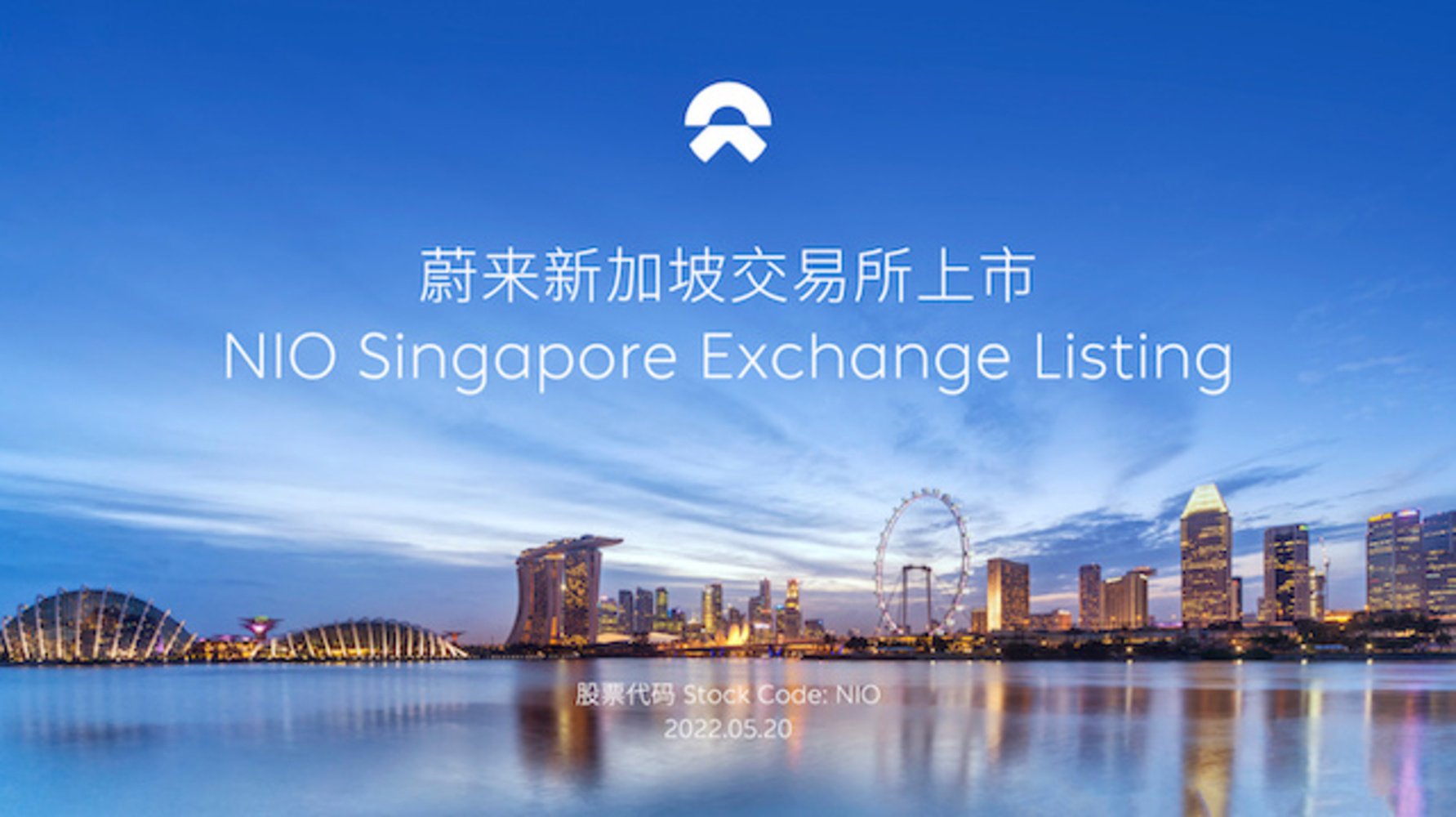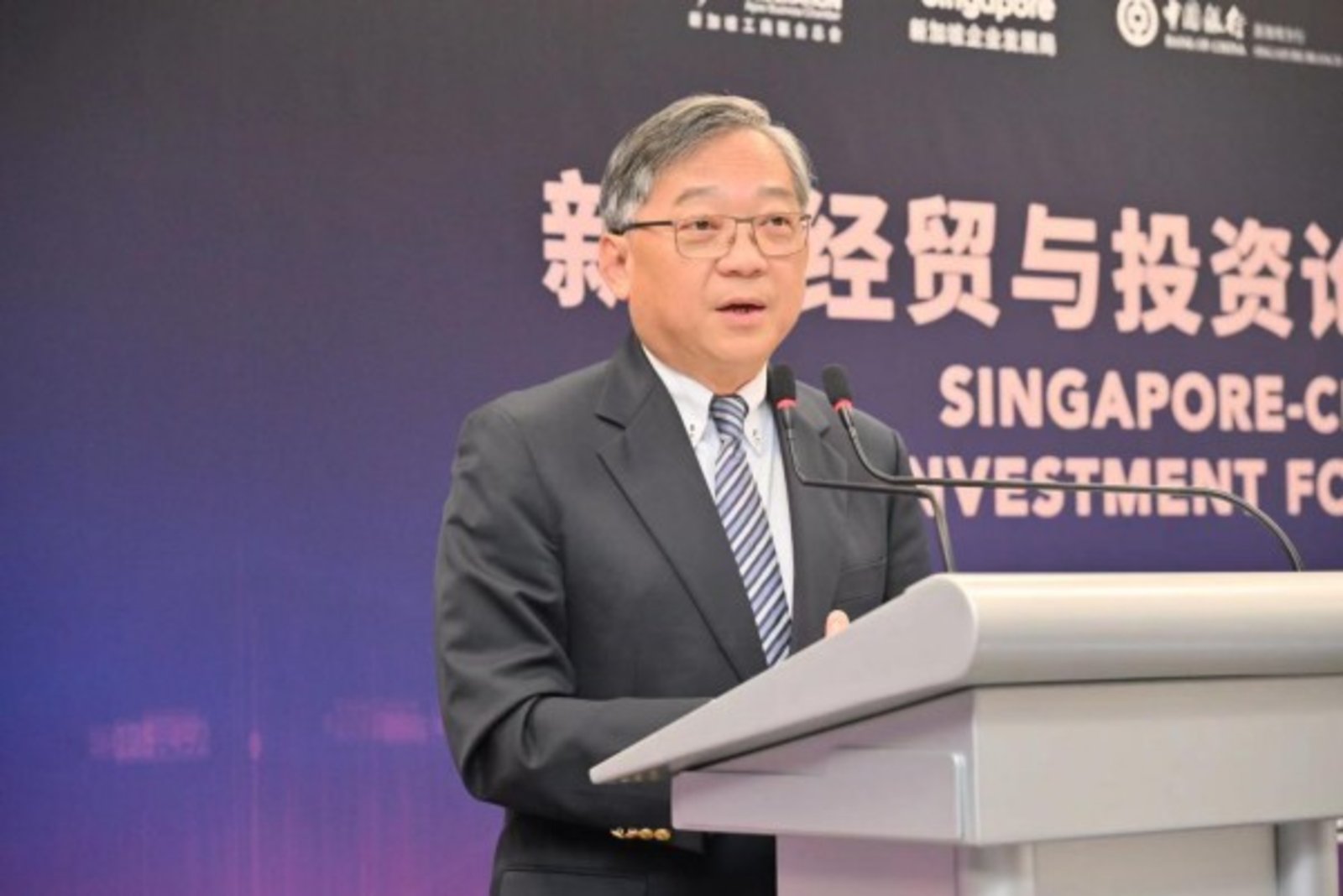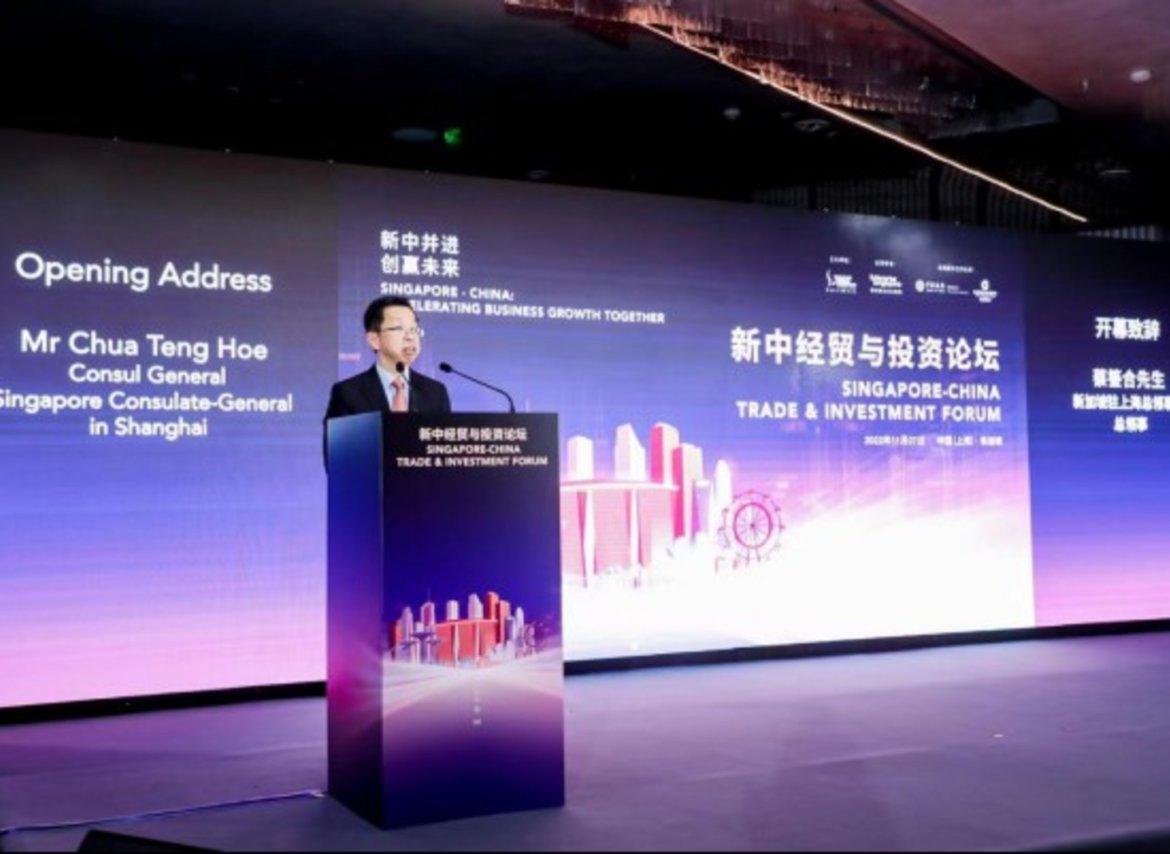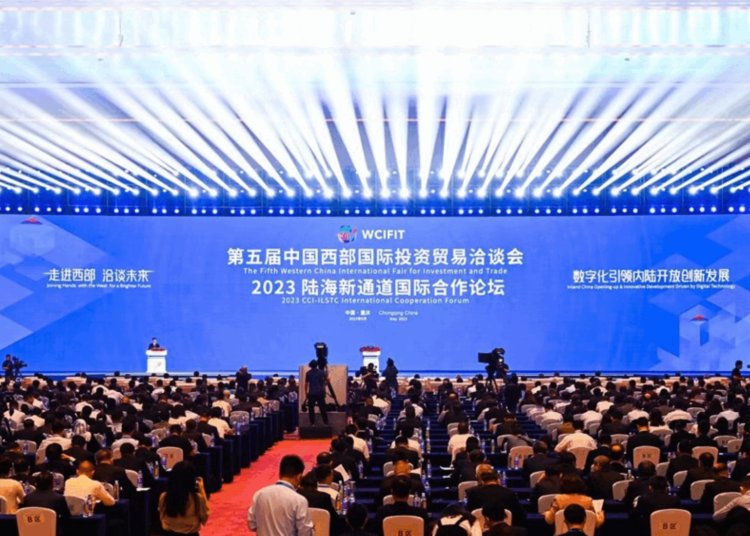According to the Ministry of Trade and Industry of Singapore, the economic and trade cooperation between China and Singapore has achieved outstanding results in 2022. The cooperation between the two countries has been deepened along with their economic needs. Analysts believe that China-Singapore economic and trade cooperation will strengthen in 2023.
Enhancement of the cooperation in 2022
In 2022, China and Singapore have been enhancing bilateral economic and trade cooperation. Their achievement in trade and investment has been notable. Chinese-funded enterprises have expanded their business in Singapore, and the governments of the two countries have signed several memorandums of understanding related to economic and trade cooperation.
The Economic and Commercial Office of the Embassy of the People’s Republic of China in the Republic of Singapore stated that the current economic and trade cooperation between the two has been deeply integrated into many fields and has been gaining momentum.
First, both sides play a significant role in each other’s economic development. From 2013 to 2021, Singapore has been China’s largest source of foreign investment and China has been Singapore’s largest trading partner.
Secondly, the cooperation between the two is not limited to the traditional fields of financial services, telecommunications, transportation, and real estate. Their cooperation extends to biotechnology, pharmaceutical manufacturing, green development, and scientific and technological R&D. This year, Chinese-funded enterprises in various industries announced their business operations in Singapore. For example, SHEIN, a Chinese fashion cross-border e-commerce platform, announced the expansion of investment and business scale in Singapore. NIO Automobile was listed on the SGX, and the biomedical company Sinovac planned to invest 10 billion yuan in Singapore to establish scientific research facilities and international business headquarters.

Third, amid the epidemic, China-Singapore economic and trade cooperation has been gaining momentum. From January to October 2022, the total bilateral import and export volume between China and Singapore reached US$92.15 billion, a year-on-year increase of 21.3%. China’s exports to Singapore reached 63.53 billion US dollars, an increase of 44.5%. China remains Singapore’s largest trading partner. From January to October 2022, Singapore maintained its position as China’s largest source of new foreign investment. Compared with other countries, Singapore currently ranks first in both the flow and stock of investment in China.
Chinese investment in Singapore has also been surging. China’s investment stock in Singapore ranks first among ASEAN countries. In terms of contracted projects and labor services, from January to October 2022, the value of new contracts signed by Chinese-funded enterprises in the new contracted project market has exceeded US$3 billion, a year-on-year increase of more than 50%. Singapore is the second largest destination country for China’s overseas labor services, with about 45,000 Chinese laborers.
In addition, in 2022, four memorandums of understanding have been signed in the bilateral economic and trade field between China and Singapore, covering areas such as green development, digital economy, e-commerce, and the construction of new land-sea corridors.
Prospects for Sino-Singapore cooperation in 2023 are promising
Although Singapore’s economic development was facing many challenges, its continued recovery has not changed fundamentally. At the same time, although China’s economic growth has decelerated, the momentum of the optimization of economic structure and economic growth has not been affected. Officials and academics in China and Singapore have recently expressed optimism about the prospect of economic and trade cooperation between the two countries.
Singapore Prime Minister Lee Hsien Loong recently mentioned that the bilateral cooperation between Singapore and China has strong momentum. Singapore looks forward to deepening the relationship between the two countries and is willing to improve the existing bilateral cooperation with China and promote the upgrading of the three intergovernmental projects in Suzhou, Tianjin, and Chongqing and the national project of Guangzhou Knowledge City.
At the same time, as an international financial center, wealth management center, and the center of service hub and global headquarters, Singapore is expected to play a pivotal role in the construction of the Belt and Road Initiative. Chinese enterprises could invest in Singapore and see it as a springboard to enter Southeastern Asian markets, and Singapore can obtain more employment opportunities from it.
Chen Gang, assistant director of the East Asian Institute at the National University of Singapore, believes that China can encourage more companies to go overseas and increase investment in Southeast Asia, especially in the field of renewable energy, low-carbon, high-tech, and biopharmaceuticals.
The Economic and Commercial Office of the Embassy also stated that Singapore, as an important country along the “Belt and Road”, can be a fit partner for China. It is believed that future investment cooperation between China and Singapore in the fields of the digital economy, medical care, biotechnology, green development, and new energy will increase.

Singapore’s Minister of Trade and Industry Gan Kim Yong mentioned at the Singapore-China Trade and Investment Forum in November 2022 that China’s digital economy and green economy are developing rapidly. He encouraged Singapore companies to focus on these two areas and explore opportunities with their Chinese counterparts. Gan Kim Yong said that China’s digital economy is of great magnitude. The compactness of Singapore and its highly educated population makes it easier to digitize. It will be conducive for Singapore to participate in China’s digital transformation if Singaporean companies and consumers are ready for digitalization. On the other hand, both countries are committed to reducing their carbon footprint and achieving more sustainable economic development. Singapore has announced a national hydrogen strategy and looks forward to exploring how it can participate in other countries’ sustainability efforts.







